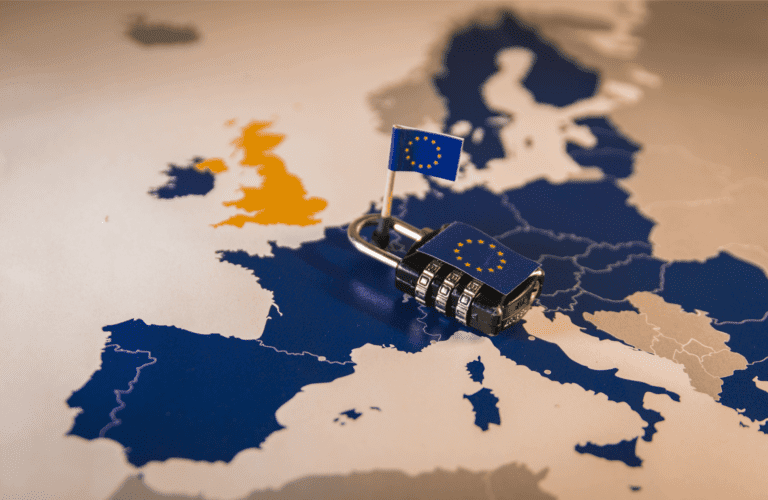The European Commission wants to complete a digital euro to make transactions easier for Europeans. In addition, it would be a stable alternative to the wild west of crypto currencies because the European Central Bank (ECB) guarantees its value. However, the Dutch banking association NVB wants more clarity on their role in this.
Specifically, in a press release (Dutch), the NVB asks for clarity around “the costs for citizens and businesses, the impact of the digital euro on user privacy and the consequences for financial stability.”
Not yet a reality
The EU plans have turned into an actual bill proposal since last week, but there are still many political hurdles to clear. What is evident, however, is that this is planned to be an electronic way of paying with money that does not come from a private bank. It therefore lacks an intermediary that does apply to bank accounts at present. A conventional bank doesn’t deal with this type of digital money, as the monetary value shown online is merely a virtual representation of cash that is theoretically always retrievable. The EU plan has been in the research phase since October 2021.
As is to be expected, the banks would like to know what they will mean in the future concerning the digital euro. They state the following: “The NVB sees the introduction of the digital euro as a fundamental change to the current money system. In the coming period it will be necessary to carefully map out the consequences of the currency’s design for the costs that payment system participants will have to incur, and also for financial stability.”
Limited scope
Earlier this year it was already known that the ECB does not want to grant permission to use the new currency for utility bills or rent. So it will only be for simple, one-time payments. In this way it hoped to allay some of the fears of banks. For the time being, this does not seem to have been completely successful.
Tip: ‘ECB says digital euro will be free to all but limited in scope’
Research from Brussels showed that citizens are mainly concerned about the privacy of the new currency (43 percent), while security (18 percent), usability (11 percent), extra costs (9 percent) and offline use (8 percent) were also important to those surveyed.
